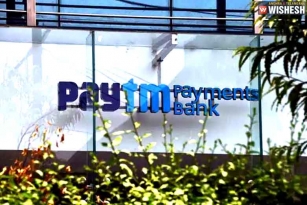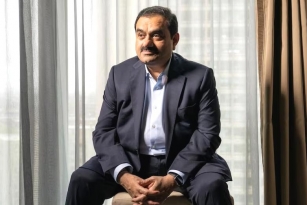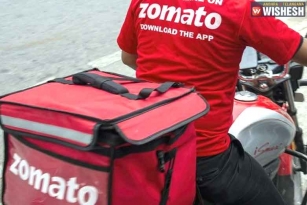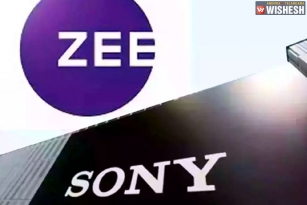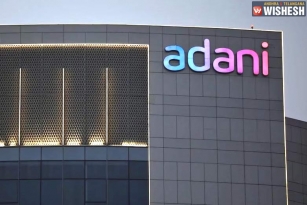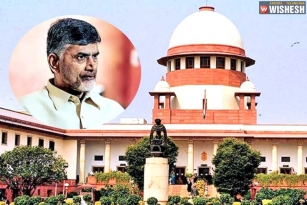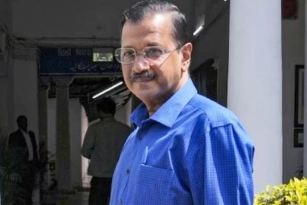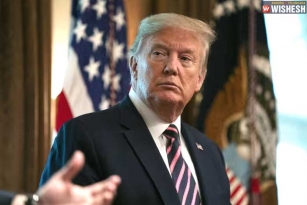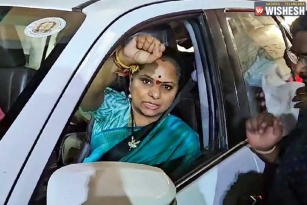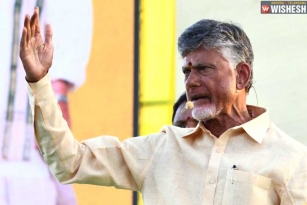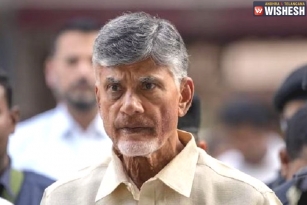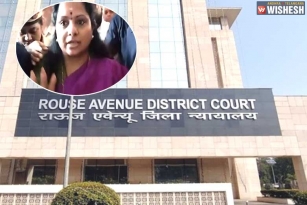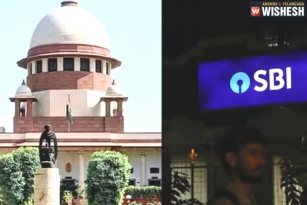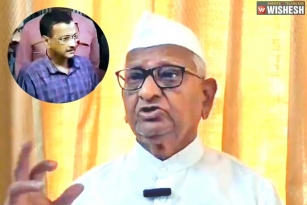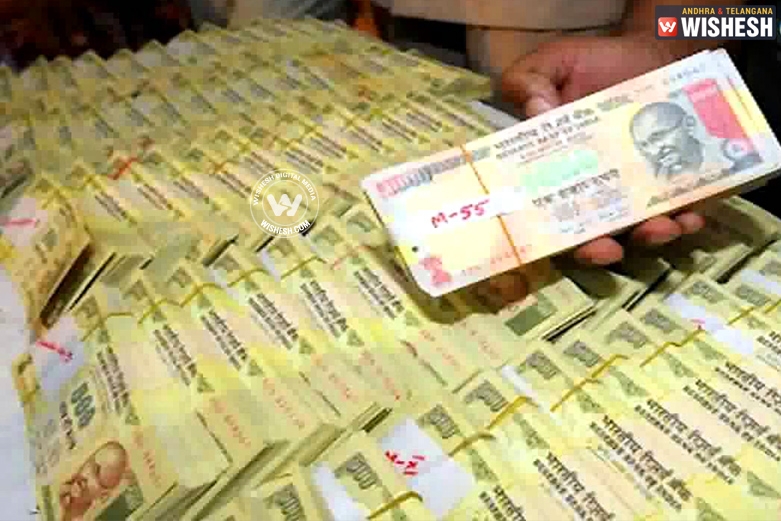
Supreme Court-appointed special investigations team said in its report that regulators have to provide greater oversight of money laundering in stocks as well as "black money" being repatriated to the country through investments in equity derivative products.
"IPL has been marred by betting and spot-fixing scandals and involvement of huge amount of black money. As per news reports, some of the players are paid more than the payment slabs prescribed by BCCI, with a certain amount paid through legitimate means and some in black. During the IPL 2013 season, in a sport fixing scam, several cricketers were arrested for accepting money from bookies to throw away matches," the report said.
Cricket and stock markets are seen as a source of black money and money laundering, SIT pointed to the recent Supreme Court ruling involving BCCI. It has also raised the concerns over the Indian Premier League, including payments to players.
The panel has proposed a ban on cash donations towards education and religious institutions and charities and suggested that large amount transfers should be done only through the account-payee cheques. In cases where jewellery is donated to charities and religious bodies, it has recommended that the name of the donor and permanent account number be obtained.
The recommendations of the team were part of the need for an effective monitoring mechanism across a variety of activities that have long been suspected of being fronts to avoid taxes, including via shell companies, imports and exports or even cricket bets. The panel insisted that SEBI could do a lot more than what it is doing currently to check the flow of black money.
The panel noted that an amount of 850 billion rupees had flowed to P-notes from the Cayman Islands, a jurisdiction with a population of less than 55,000. About 2.75 trillion rupees worth of P-notes are outstanding as of the end of June.
The panel said that the market regulator, Securities and Exchange Board of India (SEBI) should ensure to identify owners behind overseas investments into participatory-notes (P-notes) or popular derivative products that can track domestic equity markets. Regulators have long suspected the flows into P-notes are in the real domestic money being repatriated back into India, because of looser registration standards for owners of these products.
By Premji



